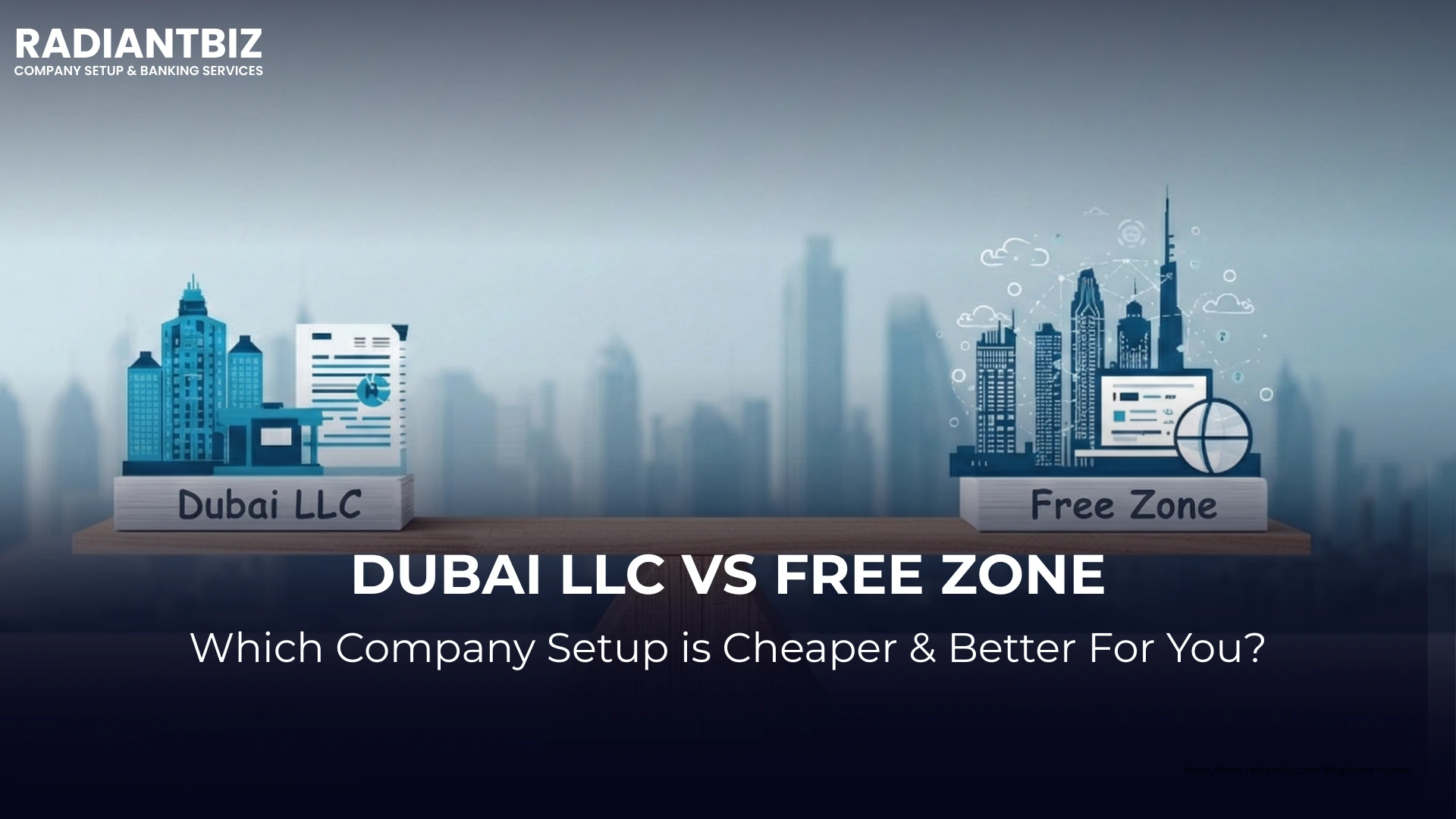Estate Planning & Strategies for Expats In The UAE


Table of Contents
For expatriates, particularly in the UAE, thoughtful financial management is key to securing your long-term international status. Estate planning is essential for protecting your assets and ensuring they are efficiently transferred to future generations.
Living abroad offers numerous personal and professional opportunities. However, the excitement of new experiences can sometimes lead to a 'holiday mindset,' causing future planning to be overlooked.
Understanding Estate Planning
Estate planning is the process of arranging the transfer of assets from business owners to their heirs and beneficiaries, with the goals of minimizing tax liabilities and ensuring that their wishes are honored. It involves a range of financial and legal strategies aimed at safeguarding assets and providing for loved ones after the owner’s passing.
In the UAE, estate planning is particularly unique due to its multicultural population, which includes residents and expatriates from around the globe. This diversity introduces various cultural perspectives, legal systems, and expectations regarding inheritance, making estate planning a complex but essential task for both locals and expatriates.
Understanding the UAE's Regulatory Framework for Estate Planning
In the UAE, inheritance laws are primarily governed by the Civil Transactions Code, which is also known as the Civil Law, and the Personal Status Law. These laws are influenced by Sharia law, which is often considered the foundational basis for inheritance regulations in the UAE.
For non-Muslim residents, the distribution of property can also be guided by Sharia law; however, non-Muslims have the option to plan the distribution of their assets through a will. This will can be filed with the Dubai International Financial Centre (DIFC) or Abu Dhabi Global Market (ADGM) and may be subject to their home country's laws.
Real estate in the UAE is generally subject to local inheritance laws regardless of the owner's religion. Therefore, if you own property in the UAE, it is crucial to understand the local legal implications.
Planning for Your Business
To effectively plan your estate, catalog all business-related assets, including real estate, investments, shares, and intellectual property. Here’s what to consider:
- Real Estate: Include details about buildings, land, and physical properties. Document their location, size, purchase value, current market value, and associated expenses such as taxes or maintenance.
- Investments: Record information about stocks, bonds, and other financial assets. Note the amount invested, current value, expected returns, and the holding location, such as brokerage accounts.
- Shares: For shares in other companies, track the number of shares, their purchase value, current market value, and any dividends or earnings they generate.
- Intellectual Property: This encompasses patents, trademarks, copyrights, etc. Document their descriptions, legal status (including certification details), and any income or value they contribute to the business.
In the UAE, where family-owned businesses are prevalent, selecting a successor may require balancing family expectations with the future needs of the business. Assess potential successors based on their skills and interests relative to the business’s future requirements.
While the UAE does not impose personal income or capital gains taxes, it's important to be aware of any potential tax liabilities in your home country or other jurisdictions related to your assets.
Estate Planning Methods in the UAE
Creating an effective estate plan in the UAE involves several strategies:
- Wills: A Last Will and Testament enables you to outline how your assets should be distributed and appoint guardians for minor children. Non-Muslim expatriates can file their wills with the DIFC Wills & Probate Centre or the Abu Dhabi Judicial Department (ADJD) to ensure their wishes are legally recognized.
- Gifts: Transferring assets to beneficiaries during your lifetime through gifts can be an effective estate planning tool. These gifts must comply with UAE Civil Transaction Law, which requires written agreements and, in some cases, official permissions.
- Joint Ownership: Holding property jointly with a spouse or family members can facilitate a smoother transition of ownership after your death. Understanding the specific regulations surrounding joint ownership is crucial, and seeking expert advice from professionals such as RadiantBiz can ensure proper implementation.
- Trusts and Foundations: These legal entities can manage and protect your wealth, ensuring controlled distribution of assets. In the UAE, trusts are recognized only within certain economic free zones, while foundations are widely accepted and used for estate planning.



2.png)




.avif)